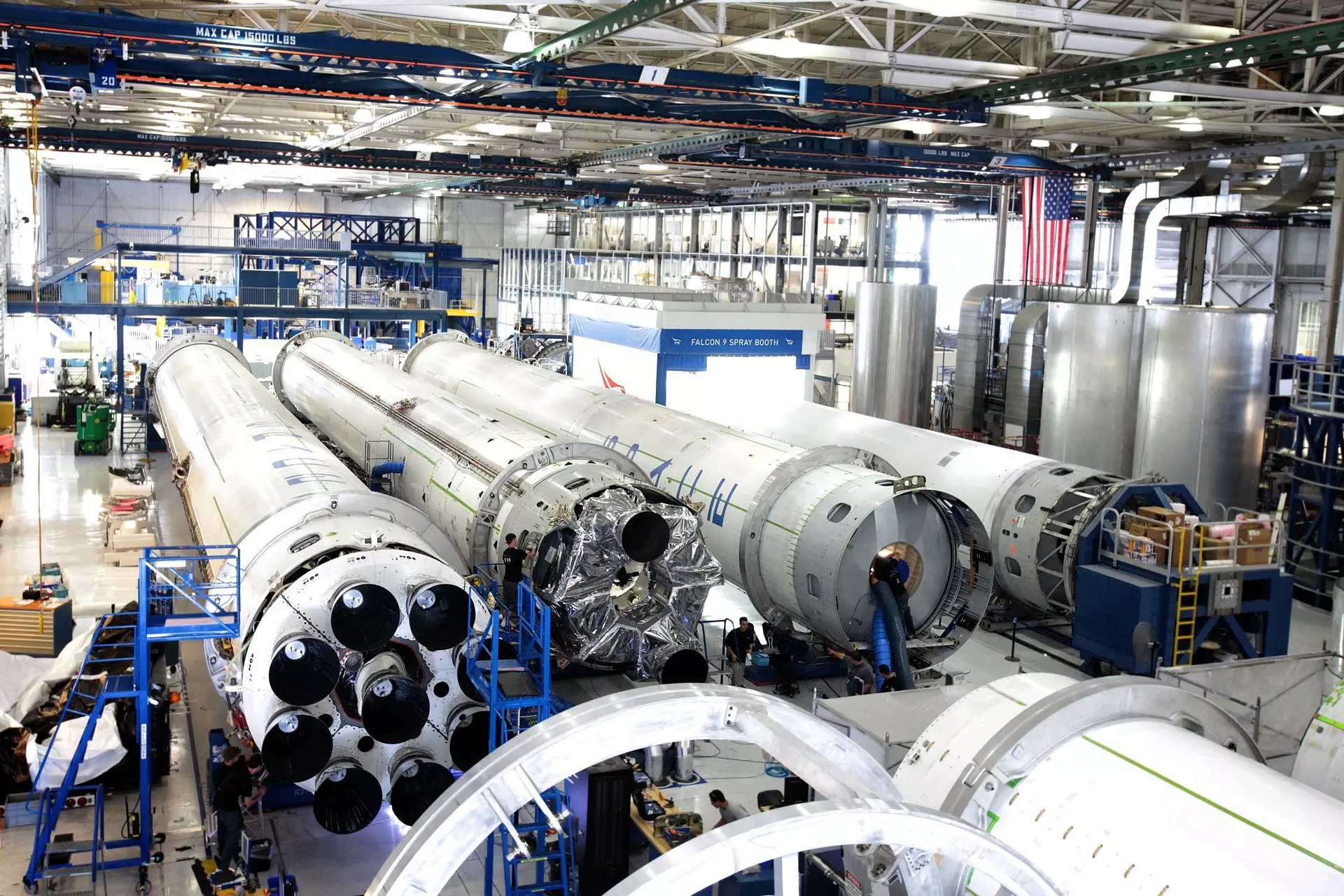ISO 9001:2015
Quality Management System
Standard brief
ISO 9001:2015 is an international standard that outlines requirements for a quality management system that helps organizations to consistently deliver high-quality products and services. It demonstrates that you are an ambitious business establishment with a commitment to quality. The recent 2024 amendment focuses majorly on climate action changes. Therefore, organizations must consider the impact of climate change on their quality management system (QMS). It provides businesses with a structured framework to improve their operations, thereby providing the best possible services and products that align with customers’ expectations. It is a badge of proof to show that your organization is a trusted and reputed one to do business with.
Benefits
- Operational benefits include increased efficiency by reducing waste and minimizing errors, thereby boosting overall productivity. Moreover, the coordination of business processes and the use of thorough documentation methods enhance the workflow.
- This certification enhances customer trust and loyalty, paving the way for smooth business opportunities. Furthermore, this certification also showcases the high quality of products and services, boosting customer confidence in the business.
- It provides a competitive edge in the business markets. Certified businesses are often preferred over non-certified ones in public sector projects. Thus, businesses can win more tenders and projects.
- This approach aids in enhancing the employee’s job satisfaction and accountability for their work.
- Also, it helps in better decision-making based on insights, thus improving resource allocation and operational outcomes.
- It provides scope for innovation and continuous improvement by swiftly mitigating non-conformities and incidents.
Concepts
Technical controls include robust process management, improved risk-based thinking, improved data management, and climate change adaptation.
Organizational controls include leadership commitment, alignment with international standards, continuous improvement, and stakeholder engagement.
Legal controls include aligning QMS with local and international standards to ensure regulatory adherence. It also involves the maintenance of clear contractual obligations and audit trails.
Physical controls addressing the physical infrastructure for QMS include infrastructure maintenance, access controls, and environmental safeguards.
Human resource controls are implemented to make sure that the employees are competent enough and aligned with QMS objectives. Employee training and awareness programs accomplish this. Additionally, maintaining clear roles and responsibilities is crucial to prevent overlaps and gaps in objectives.
ISO Certification
ISO 27001:2022
Information Security Management System for securing your organisation's information. Learn More
ISO 42001:2023
AI Management System for responsible and secure enterprise artificial intelligence governance. Learn More
ISO 27701:2019
Privacy Information Management System for managing personal data security and protection. Learn More
ISO 27017:2015
Cloud Security Controls for strengthening robust and reliable cloud-based information security. Learn More
ISO 27018:2019
Cloud Privacy Standard for protecting sensitive and confidential personal data in cloud systems. Learn More
ISO 20000-1:2018
Information Technology - Service Management System to assist with smooth IT services. Learn More
ISO 9001:2015
Quality Management Systems for all organisations of all sizes from all domains. Learn More
ISO 14001:2018
Environment Management Systems to ensure minimal environmental impact. Learn More
ISO 45001:2018
Occupational Health and Safety Management Systems for people safety. Learn More
Let's Work Together
European Assessment and Certification Ltd.
19, Layton Crescent, Slough, SL38DP, UK.
Company Number 12819256
+44 7471 048859
info@e-ac.uk

